
Tag: #Saudi_Arabia

CMA: Regulatory Framework for Equity Crowdfunding Approved
- Post author By admin
- Post date September 29, 2022
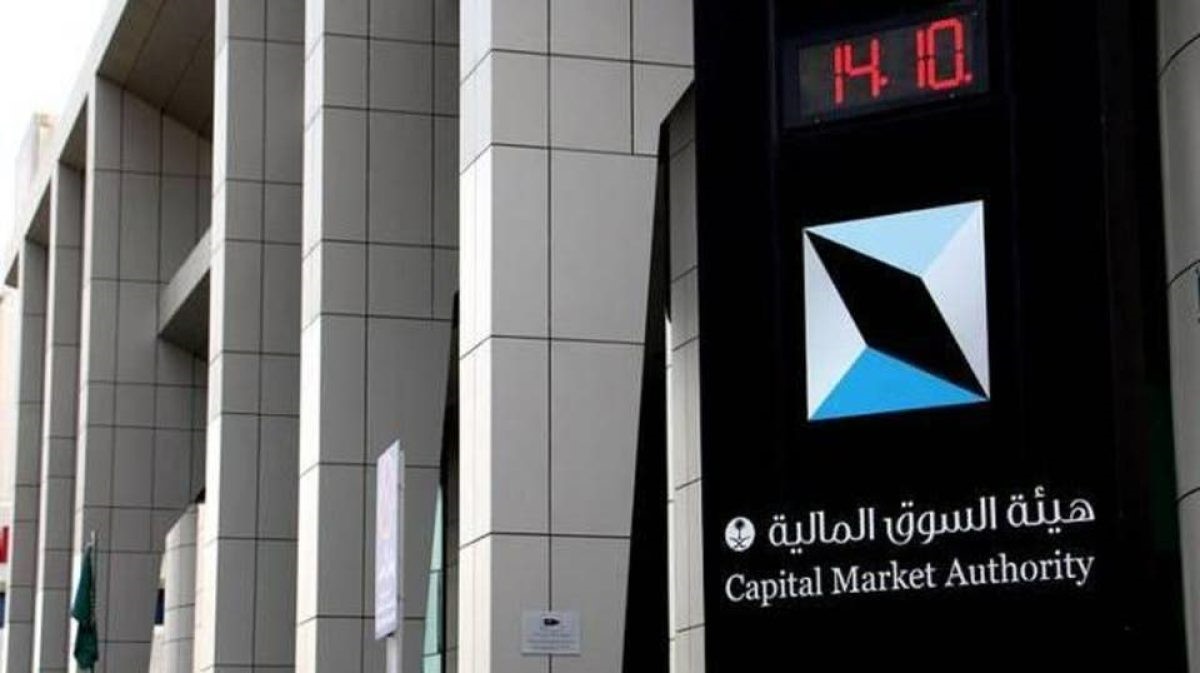
CMA: Regulatory Framework for Equity Crowdfunding Approved #Saudi_Arabia
Knowledge Pioneers Law Firm - FinTech Practice Tweet
Overview
The Capital Market Authority (“CMA”) Board issued its resolution approving amendments of the following:
It is worth noting that these amendments shall be effective as of the date of their publication on September 27, 2022.
Who is involved in these amendments?
These amendments are applicable to:
- Capital Market Institutions
- Companies that hold Financial Technology Experimental Permit
Main Differences
The amendments include regulating share offerings through capital market institutions that are authorized to carry out arranging activities in the course of carrying out securities crowdfunding.
Also, the amendments comprised setting the requirements for custody of clients’ money received by capital market institutions that are authorized to carry out arranging activities in the course of carrying out securities crowdfunding, and opening and operating investment accounts.
This comes after the CMA has published the draft Regulatory Framework for Equity Crowdfunding and the Unified Electronic Platform for Consulting the Public and Government Entities (Public Consultation Platform), affiliated with the National Competitiveness Center, for public consultation for a period of (45) calendar days.
What's New About CMA FinTech Lab?
In order to understand and assess the impact of new technologies in the KSA’s capital market, as well as to help transform the Saudi market into an intelligent financial center, CMA has designed the FinTech Lab which welcomes local as well as international firms wishing to test new digital solutions in a ‘live’ environment with a view to deploying them in the KSA in the future.
The updated framework will also support the objectives of the FinTech strategy by making the Kingdom one of the world’s leading countries in the field, and it will contribute to the economic empowerment of the Saudi society and its citizens by promoting further innovations in technology-based capital market.
Conclusions
It is expected that the amendments shall reflect on enabling the Capital Market Institutions that are authorized to carry out arranging activities to offer of securities via Equity Crowdfunding platforms, as well as the custody of the clients’ money in the course of carrying out securities crowdfunding.
Feel free to share your thoughts and inquiries with us on this update or the capital market via email or a meeting.
Ask Us Anything. anytime.
Saudi Central Bank Updates Its Regulatory Sandbox Framework
- Post author By admin
- Post date August 31, 2022

Saudi Central Bank Updates Its Regulatory Sandbox Framework
Saudi Central Bank Updates Its Regulatory Sandbox Framework #Saudi_Arabia
Knowledge Pioneers Law Firm - FinTech Practice Tweet
Overview
The Saudi Central Bank (SAMA) announced that it has updated the Framework of its Regulatory Sandbox. The step was taken as part of SAMA’s efforts to achieve several national strategic goals through the promotion of the Regulatory Sandbox’s involvement in the Financial Sector Development Program (FSDP), a key objective of the Saudi Vision 2030, which is aiming to develop the kingdom’s economy, diversify its sources of income, enable financial institutions to support the growth of the private sector, and allow new companies to provide their own array of financial services.
What is Regulatory Sandbox?
SAMA launched the Regulatory Sandbox initiative back in 2018 to garner the participation of local, regional and international FinTech institutions and companies seeking to take advantage of current and new technologies to provide innovative financial products and services to Saudi markets.
SAMA’s Sandbox directly connects with the Saudi Vision 2030 which endeavors to reinforce economic growth and investment activities. Vision 2030 has been further developed into 12 Executive Programs, which includes the ‘Financial Sector Development Program’ (FSDP). The FSDP program seeks to develop the financial industry as a diversified and effective financial services sector to support the development of the national economy by stimulating savings, finance and investment by, inter alia, enabling financial institutions to support private sector growth.
To this end, SAMA’s Regulatory Sandbox aims to attract local and International FinTech businesses that are looking to leverage existing or new technology in an innovative way to deliver new financial products or services to KSA markets, or improve business processes. The target audience includes, but is not limited to, KSA and international Start-ups, FinTechs, established financial sector firms, and professional services companies partnering with or providing support to such businesses.
Why is Regulatory Sandbox so important?
In order to understand and assess the impact of new technologies in the KSA’s FS market, as well as to help transforming the Saudi market into a smart financial center, SAMA has designed a Regulatory Sandbox which welcomes local as well as international firms wishing to test new digital solutions in a ‘live’ environment with a view to deploy them in the KSA in the future.
What's New About SAMA Regulatory Sandbox?
The Central Bank pointed out that the updated framework of the Regulatory Sandbox is open for both local and international applicants to apply be they entrepreneurs, non-regulated companies or existing regulated entities, the key differentiator of the updated framework is to move from a cohort based approach to an Always Open approach which will give greater flexibility to those applying.
The updated framework will also support the objectives of the FinTech strategy by making the Kingdom one of the world’s leading countries in the field, and it will contribute to the economic empowerment of the Saudi society and its citizens by promoting further innovations in technology-based financial services.
When Does the Regulatory Sandbox Framework start?
SAMA will allow FinTech companies to submit Regulatory Sandbox applications under the updated framework as of the 6th of September 2022.
Upcoming Events
The Central Bank in cooperation with Fintech Saudi, will hold on this September 5, 2022, at 12:00 PM, an introductory workshop on the updated regulatory framework for the legislative experimental environment.
Fintech Saudi will be hosting a virtual workshop in which members of the Regulatory Sandbox team at SAMA will introduce the new framework to an open audience.
We invite you to attend the workshop where the following aspects will be covered:
1. Enhancements to the framework
2. Walk through the lifecycle from Application to Testing
3. Q&A with the Sandbox team.
Conclusions
We believe that this SAMA Regulatory Sandbox Framework update will leverage the Financial Technology sector in KSA where it will make financial sector firms and technology companies applying for SAMA license way easier and feasible comparing to status quo.
As #1 FinTech law firm, Knowledge Pioneers has been deeply involved in such updates in the legal environment of the Financial Technology sector.
If you are interested in the FinTech arena in the KSA, please fill out our FinTech Assessment Survey in order to have one of FinTech experts contact you promptly.
For further information, please do not hesitate to Contact Us.
Share
In this article, you will find
Related Contacts
Ask Us Anything. anytime.
- Tags #Development, #finance, #FinTech, #Law, #SAMA, #Sandbox, #Saudi_Arabia, #Technology, #update, #Vision2030
NAJIZ: Digital Transformation In The Judicial System
- Post author By admin
- Post date March 24, 2022

NAJIZ: Digital Transformation in The Judicial System
Najiz offers fast and efficient digital services to all ministry clients in order to enhance customer experience and satisfaction. #Saudi_Arabia.
Knowledge Pioneers Law Firm - Litigation Practice Tweet
Overview
In continuation of the Kingdom’s unremitting efforts in the digital transformation of government services, we are talking today about “Najiz” system, which is deemed to be a qualitative leap in the history of the Saudi judiciary and the legal profession.
What is Najiz?
Najiz is a judicial services platform which provides all Ministry of Justice (MoJ) services through one unified platform.
Najiz offers fast and efficient digital services to all MoJ clients in order to enhance customer experience and satisfaction.
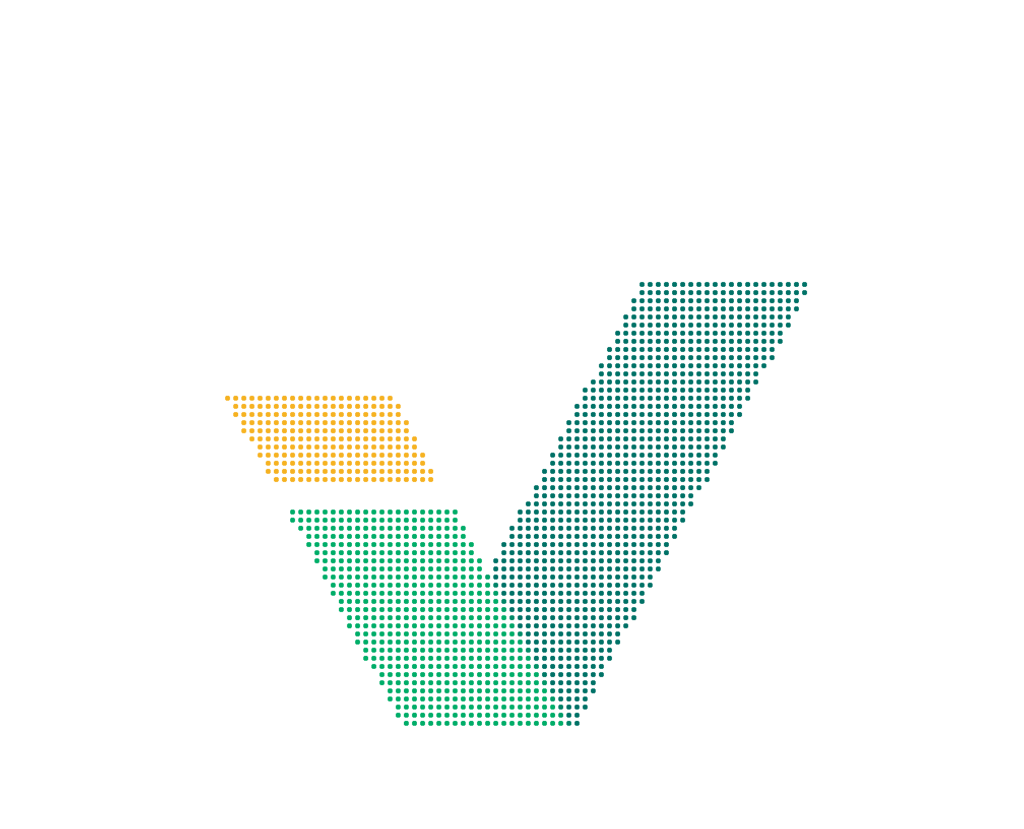
How to access Najiz?
To reach the platform, just click on Najiz.
Objectives of Najiz
His Excellency the Minister of Justice and Chairman of the Supreme Judicial Council Sheikh Dr. Walid bin Muhammad Al-Samaani launched the “Najiz” system in 177 first-instance courts throughout the Kingdom with the aim of:
- Standardizing procedures among all courts
- Deploying digital transformation in building institutional justice
- Speeding up settlement of disputes
What are Najiz Services?
There are more than 134 services and procedures.
In this article, we review the most prominent services and procedures.
- Filing Lawsuits
- Filing Statements of Claim
- Court Hearings Schedules
- Inquiries on Lawsuits
- Filing Execution Case
- Filing Applications
Activate the facility account
Deactivate facility account
Submit Facility's Applications for Execution
Corporate Matters
- Licensed Lawyers Directory
- Licensed Marriage Officials Directory
- Application for Law Practitioner License
- Application for Marriage Officials License
- Application for Renewal of Law Practitioner License
- Issuance of an electronic Power of Attorney
- Termination of Power of Attorney
- Acknowledgements
- Inquire about the dates of the judicial facilities
- Inquire about the dates of the mobile notaries
- Book an appointment for mobile notaries
- Appointment booking service
- Verify Social Status
- Verify mortgage
- Verify a judgment deed (first degree - appeal)
- Verify marriage contract
- Verify "Furijat" bills
- Verify a transaction
- Verify the determination of heirs
- Verify a Power of Attorney
- Notarize a mortgage
- Issue a replacement of a lost/damaged title deed
- Transfer Ownership of Real Estate
- Verify Real Estate Ownership Status
- Issue Real Estate Identity
- Mortgages Management
- Real Estate Management
- Update Title Deeds
- Guardianship
- Minor Alimony Assessment
- Documentation of Marriage, Divorce, and Reversion
- Documentation of heirs of the deceased
- Endowment
- Rehabilitation
- Inheritance Determination
- Estate Allocation
Conclusions
The Najez system is considered one of the renewable technical systems of an advanced nature in accordance with the development and acceleration of legislation in the Kingdom in line with the Kingdom’s vision 2030. In this article, we have discussed the most prominent services related to this system and its developments.
For further information, please do not hesitate to Contact Us.
Share
In this article, you will find
Related Contacts
Ask Us Anything. anytime.
Knowledge Pioneers Law Firm © 2022 | All rights reserved.
- Tags #Business, #Family, #Law, #Saudi_Arabia, #Vision2030

New Judicial Fees
New Judicial Fees Mandatory in #Saudi_Arabia.
Knowledge Pioneers Law Firm - Litigation Practice Tweet
Overview
Judicial Fee Law was promulgated by the Royal Decree number (M/16) dated 30/01/1443 Hijri, corresponding to 7 September 2021, and the Cabinet Resolution number (65) dated 23/01/1443 Hijri, corresponding to 31 August 2021, published in the Saudi Gazette on 02 September 2021.
what is a Judicial Fee
A judicial fee is an amount of money to be paid by the Claimant litigant to the competent authority in consideration of the judicial service in the Kingdom of Saudi Arabia as organized under the Judicial Fees Law.
A judicial fee does not include any other payments resulting from the litigation proceedings; such as expert fees.
Objectives of Judicial Fees
Judicial Fee Law is aimed to:
- Reduce malicious lawsuits
- Encourage reconciliation between litigants
- Promote documentation of transactions and contracts
Matters exempted from Judicial Fees
There will be no judicial fee imposed on lawsuits and matters related to:
Family & Personal Status
- Divorce
- Khul' (woman’s right to divorce)
- Alimony/Family Support
- Child’s custody
- Legacy Allocation Matters
- Relevant Appeals & Petitions
Board of Grievance
- Rights and entitlements established in the laws of the civil and military services and retirement of Public Officers and employees of independent public legal agencies or their successors and beneficiaries
- Annulment of final administrative decisions filed by those concerned, when the appeal is based on lack of jurisdiction, formal defects, defect in the cause, violation of laws and regulations, error in the application or interpretation of the law, or abuse of authority, including disciplinary decisions and decisions issued by quasi-judicial committees and disciplinary boards. As well as the decisions issued by public interest associations - and the like - related to their activities, and it is considered as an administrative decision the refusal of the management body or its refusal to make a decision that it should have taken in accordance with the laws and regulations
- Compensation claims filed against decisions or actions of the Administration
- Disciplinary cases filed by the competent authority
- Cases related to contracts to which the Administration is a party to
- Applications for the execution of foreign judgments and judgments of foreign arbitrators
- Other administrative disputes
Public Order
- Public Criminal Cases & Relevant Petitions
- Disciplinary Cases & Relevant Petitions
Bankruptcy
- Protective Settlement Procedure
- Financial Restructuring Procedure
- Liquidation Procedure
- Protective Settlement Procedure For Small Debtors
- Financial Restructuring Procedure For Small Debtors
- Liquidation Procedure For Small Debtors
- Administrative Liquidation Procedure
Litigation Proceedings
- Requests for Settlement
- Requests raised by Opponents and Adjoined Parties
What are the judicial fee rates?
The Court will determine the Judicial Fee as follows:
Debt Recovery Claims
UP TO %5
with a cap of SAR1,000,000 payable by the losing party
Arbitration Award Annulment
UP TO %1
with a cap of SAR1,000,000 payable by the Applicant in case of claim dismissal
Major Applications
SAR10,000
Against each application or request for permission to appeal to the Court of Appeal and the Supreme Court and petitions to review a decision.
Minor Applications
SAR1,000
Against each application made by an ‘interested party’ for copies of documents or court records
No Additional Payments
No additional fee will be payable where:
- a claim is brought in the court with competent jurisdiction following an earlier court’s decision that it lacked jurisdiction
- The Court of Appeal overturns a judgement and refers the case back to a lower court
when are judicial fees refunded?
The entirety of the fees shall be refunded in the following events:
Before First Hearing
%100 OFF
In case of settlement before the first hearing, the fees shall be refunded in full (if paid).
Within First Hearing
%100 OFF
In case of settlement before the judge during first hearing, the fees shall be refunded in full (if paid).
Before Judgement
%75 OFF
In case of settlement after the first hearing and before the judgment, the fees shall be discounted to 25 percent of the judicial fees and the balance shall be refunded (if paid)
After Judgment
%100 OFF
In case of a decision or judgment rendered in favor of the applicant or appellant, the judicial fees shall be refunded in full (if paid).
Civil Claims Associated with criminal proceedings
%100 OFF
In case of the settlement of civil claims raised alongside criminal proceedings regardless of the stage of the case, the judicial fees shall be refunded in full (if paid).
Partial Success
PRO RATA
In the case of partial success on appeal, fees will be refunded on a pro rata basis.
Who is Exempted from Judicial Fees?
There will be no judicial fee imposed on Parties involved in the following:
- Employees & their representatives/successors while claiming their entitlements resulted from their Employment
- Prisoners & Detainees at the time the Judicial Fee is due in Financial matters
- Ministries & Governmental Agencies
are there alternative solutions?
Saudi Arabia has been recently encouraging parties involved in a dispute to recourse to the ordinary judicial system as the last option. Accordingly, Saudi Arabia has adopted and promoted a number of alternative dispute resolution (ADR) means. We would like to preview the most common ADR means that are as legal and efficient as the ordinary judicial system as follow:
Conciliation (Solh) System
Conciliation is among the most important means of alternative dispute resolution (ADR).
This initiative aims to achieve a major development in providing conciliation services, so that it becomes the socially and economically preferred option for settling various disputes (financial, family, commercial, construction, real property, banking, medical, etc.), by building an integrated system for disseminating the conciliation culture among both natural and legal persons, for various cases and at all stages of the relationship.

Negotiation
Negotiation is among the most important means of alternative dispute resolution (ADR).
Negotiation is a dialogue between two or more people or parties intended to reach a beneficial outcome over one or more issues where a conflict exists with respect to at least one of these issues.

Mediation
Mediation is among the most common means of alternative dispute resolution (ADR).
Mediation is a structured, interactive process where an impartial third party assists disputing parties in resolving conflict through the use of specialized communication and negotiation techniques. All participants in mediation are encouraged to actively participate in the process.
Saudi Arabia has ratified the United Nations Convention on International Settlement Agreements Resulting from Mediation – a mechanism for enforcing mediated settlement agreements in signatory states – and enacted the Commercial Courts Law, which introduced several new measures to improve the efficiency of the judicial system, including making certain claims subject to court-mandated conciliation or mediation.

Arbitration
Arbitration is among the most common means of alternative dispute resolution (ADR).
Arbitration is a procedure in which a dispute is submitted, by agreement of the parties, to one or more arbitrators who make a binding decision on the dispute. In choosing arbitration, the parties opt for a private dispute resolution procedure instead of going to court.
The 2012 Arbitration Law and 2012 Enforcement Law (and corresponding executive regulations for such laws), as well as the opening of the Saudi Center for Commercial Arbitration in 2016, are well-publicized measures that have already been taken towards achieving that goal.
Conclusions
For decades, no court fees were payable in Saudi litigation. This may have resulted in many vexatious claims or a party bringing repeated claims to pressure its counterparty. The introduction of court fees will make parties think long and hard before commencing claims that have little merit and will hopefully encourage more parties to resolve their disputes out of court. The idea of accepting this type of fee may not be easy for some people, but we believe as a team who see the corridors of courts as homes that they will greatly improve the case flow mechanism, will improve the services provided, and will greatly speed up the litigation procedures that currently take a long time due to the number of lawsuits submitted every day.
For further information, please do not hesitate to Contact Us.
Share
In this article, you will find
Related Contacts
Ask Us Anything. anytime.
Knowledge Pioneers Law Firm © 2022 | All rights reserved.
- Tags #Nitaqat, #Qiwa, #Saudi_Arabia, #Vision2030
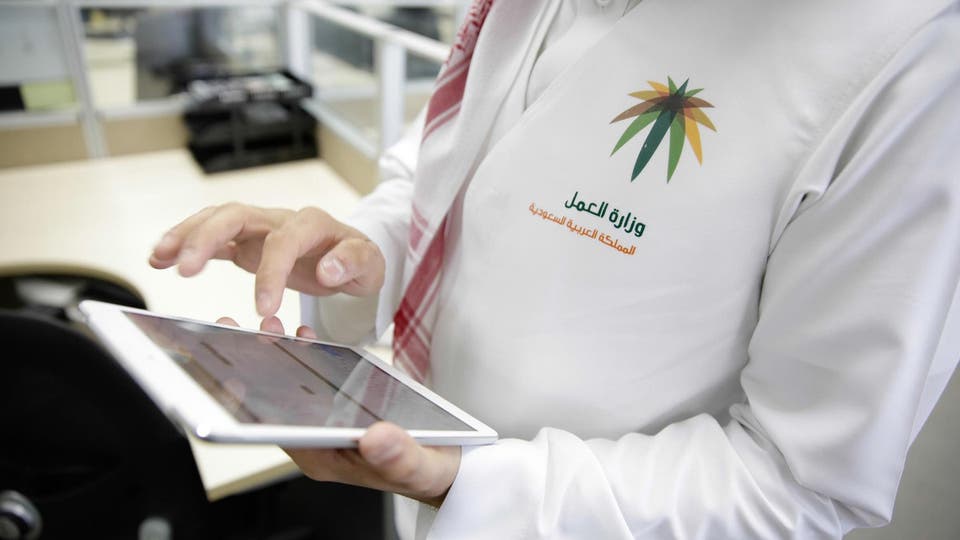
Nitaqat Scheme Update
Overview
Relying on Knowledge Pioneers Law Firm’s sharp focus on most recent legal updates, we are pleased to share with our esteemed clients and business network this highly important business-related legislative amendment. Corporate Practice and Compliance Practice Departments at Pioneers who are pleased to hereby present you highlights and hints on the recent legal update pertaining to Saudi Nationalization Scheme; i.e. Nitaqat Scheme (“Nitaqat”) supported by practical examples, expected issues, and productive solutions.
On 29/3/1441H, corresponding to Oct. 26th, 2019, H.H. Ahmed Bin Salman, ex officio as the Minister of Labor And Social Development issued a ministerial decree number (63717) (the “Decree”). Yet, before addressing complex legal consequences, we would rather checklist a few concepts and basics, right as follows:
What is Nitaqat (نطاقات), a.k.a. Saudi Nationalization Scheme?
officially known as the Saudi nationalization scheme, or Saudization is the most recent policy of the Kingdom of Saudi Arabia implemented by its Ministry of Labor and Social Development, whereby Saudi companies and enterprises are required to fill up their workforce with Saudi nationals up to certain levels.
As part of the Saudi Vision 2030’s reforms, announced in 2016, reducing the number of unemployed Saudi nationals is a key element of the plan. Previously the private sector was largely dominated by expatriate workers from Pakistan, India, the Philippines, and Arab countries such as Lebanon or Egypt.
In its beginning, Nitaqat categorized companies that undertake projects, especially public ones, in Saudi Arabia into three (3) zones; green, yellow, and red.
Under certain standards and requirements, every single company shall be located and might be relocated in a zone where such a company shall be subject to certain consequences. It is noteworthy that the yellow and red zones are specified for companies that have failed to achieve the required Saudization percentage. They are also known as the “unsafe Nitaqat” and such firms are denied full access to the ministry’s services.
Who is involved?
At large, all companies incorporated and organized by Saudi laws are subject to the Decree. However, it mainly confronts companies currently located in Nitaqat yellow zone who will be relocated into the red zone and hold responsibilities for such relocation unless they have positively reacted in a manner compliant with the Decree.
In other words, the ministry’s services are restricted to firms that are in Green Zone and above and that contribute effectively to employing Saudis.
Why is it so important?
This decision aims to stimulate firms in this zone to move to the Green Zone and above, leading to raising their Saudization percentage.
Conclusions
The Ministerial Decree has clearly drawn the road map in this arena of Vision 2030. It was issued in the continuity of the already existing Saudization major plan where the regime extensively strives to provide more job opportunities to Saudi young men and women.
In conclusion, we highly recommend our business network members to take all necessary action to comply with the Ministerial Decree on or before Jan. 26, 2020 corresponding to 01/06/1441H.
Our Corporate Compliance team regularly advises on laws and regulations impacting the business flow and law-compliance issues in the corporate sector.
For further information, please do not hesitate to Contact Us.
Share
In this article, you will find
Related Contacts
Ask Us Anything. anytime.
Knowledge Pioneers Law Firm © 2022 | All rights reserved.
- Tags #Nitaqat, #Qiwa, #Saudi_Arabia, #Vision2030
Saudi Central Bank: Construction Insurance is MANDATORY
- Post author By admin
- Post date August 6, 2021

Saudi Central Bank: Construction Insurance is MANDATORY
Based on the powers granted to the Arab Monetary Agency –then, and Saudi Central Bank for now– to monitor cooperative insurance companies, it issued its Decree No. 441/187 on 5/8/1441 AH, which has bound contractors in non-governmental sector projects to ensure against hidden defects that might appear in constructions. Such insurance shall remain effective for a period of not less than ten (10) years, starting from the date of project final delivery.
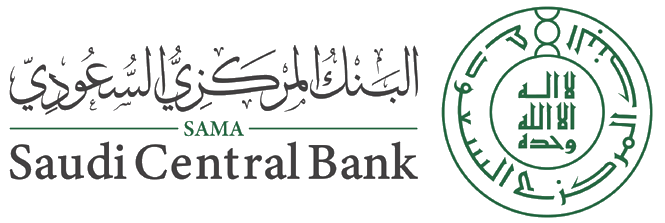
What is a hidden defect?
To clarify, a hidden defect is any defect that arises in the construction work or its protective elements that may weaken or destabilize the construction due to errors, faults, deficiencies in design, implementation, quality of materials used, or a failure in soil inspection or whatsoever defects pertaining to human involvement.
Therefore, and pursuant to the provisions of this Decree, each non-governmental Employer/Owner will have to engage their contractor(s) through (Baladiبلدي ) service where Employer will have to attach a valid insurance document against hidden defects that might appear in the project(s) involved for a period of no less than ten (10) years starting from the date of project final delivery. Afterward, the Certificate of Occupancy will be issued. For Certificate of Occupancy, the following requirements must be met:
1. Payment of insurance premiums owed to the insurance company.
2. The insurance company to receive “Safety Confirmation Certificate”.
3. The insurance company renders a clear representation of the policy validity.
CONCLUSION
As of Decree date, an effective insurance policy against hidden defects has become a prerequisite for all types of projects and new constructions in the non-governmental sector to obtain a certificate of occupancy with the aim of preserving the material rights of the beneficiaries of those buildings.
In case of any inquiries regarding any of the above, we hope that you will not hesitate to Contact Us.
Share
Related Practices
Related Contacts
Ask Us Anything. anytime.
Knowledge Pioneers Law Firm © 2022 | All rights reserved.




Recent Comments